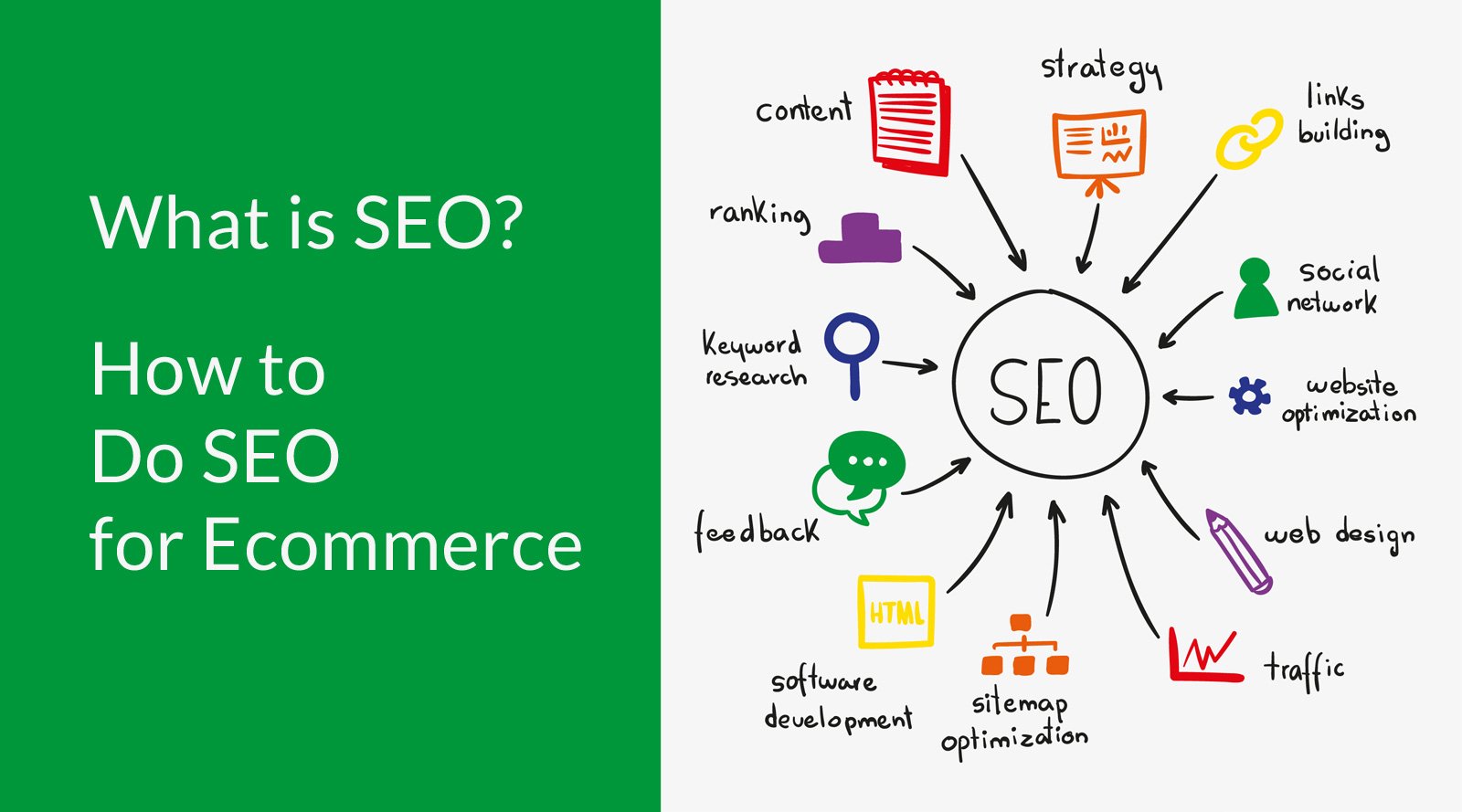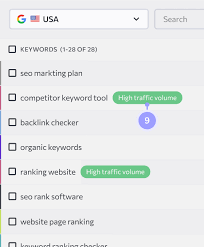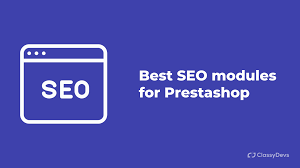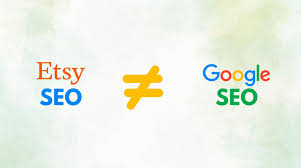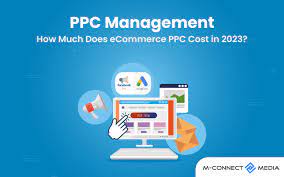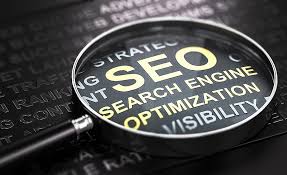Unlocking Success: The Power of E-commerce SEO Strategies
The Importance of E-commerce SEO for Online Businesses
Search Engine Optimization (SEO) plays a crucial role in the success of any online business, and this is especially true for e-commerce websites. E-commerce SEO involves strategies and techniques that help online stores rank higher in search engine results pages (SERPs), driving more organic traffic and increasing sales.
Why is E-commerce SEO Important?
Increased Visibility: By optimising your e-commerce website for relevant keywords, you can improve its visibility in search engines. This means that potential customers are more likely to find your products when they search online.
Higher Rankings: Ranking higher in SERPs can significantly impact your online sales. Studies show that the majority of users click on the top results, so appearing on the first page can lead to more clicks and conversions.
Targeted Traffic: E-commerce SEO allows you to target specific keywords related to your products or services. This helps attract qualified leads who are actively searching for what you offer, increasing the likelihood of making a sale.
Key Elements of E-commerce SEO
Keyword Research: Identifying relevant keywords with high search volume and low competition is essential for e-commerce SEO success. Incorporating these keywords naturally into product descriptions, meta tags, and URLs can improve your site’s visibility.
On-Page Optimization: Optimising product pages, category pages, and other content on your e-commerce site is crucial for ranking higher in search results. This includes using relevant keywords, creating unique meta descriptions, and ensuring fast loading times.
Mobile-Friendliness: With the rise of mobile shopping, having a mobile-friendly website is essential for e-commerce success. Google also considers mobile-friendliness as a ranking factor, so optimising your site for mobile users is key.
The Future of E-commerce SEO
As search engines continue to evolve and user behaviour changes, staying ahead of the curve with e-commerce SEO is essential for online businesses. Embracing new technologies like voice search optimization and structured data markup can give you a competitive edge in the ever-growing e-commerce landscape.
In conclusion, investing in e-commerce SEO is vital for online businesses looking to increase their visibility, attract targeted traffic, and drive sales. By implementing effective SEO strategies tailored to your e-commerce site, you can position yourself for long-term success in the digital marketplace.
9 Essential Tips for Enhancing E-commerce SEO Effectively
- Optimise product descriptions with relevant keywords.
- Use descriptive and unique meta titles and descriptions.
- Ensure your website is mobile-friendly and responsive.
- Improve site speed to enhance user experience.
- Utilise high-quality images with alt text for products.
- Implement structured data for rich snippets in search results.
- Build a strong internal linking structure across pages.
- Encourage customer reviews to boost credibility and SEO.
- Regularly update content to keep it fresh and relevant.
Optimise product descriptions with relevant keywords.
Optimising product descriptions with relevant keywords is a crucial aspect of e-commerce SEO. By incorporating targeted keywords into your product descriptions, you can improve the visibility of your online store in search engine results. This not only helps potential customers find your products more easily but also increases the likelihood of attracting qualified leads who are actively searching for what you offer. Well-crafted product descriptions that include relevant keywords not only enhance your site’s SEO but also provide valuable information to shoppers, ultimately leading to higher click-through rates and increased conversions.
Use descriptive and unique meta titles and descriptions.
When it comes to e-commerce SEO, a crucial tip is to use descriptive and unique meta titles and descriptions for your product pages. Crafting compelling meta titles that accurately reflect the content of the page can improve click-through rates and help search engines understand the relevance of your products. Similarly, creating unique meta descriptions that highlight key features or benefits can entice users to click on your listings in search results. By paying attention to these details and optimising your meta tags, you can enhance the visibility of your e-commerce site and attract more qualified traffic.
Ensure your website is mobile-friendly and responsive.
It is crucial to ensure that your e-commerce website is mobile-friendly and responsive to cater to the growing number of users who shop on their mobile devices. A mobile-friendly site not only provides a seamless shopping experience for customers but also boosts your SEO rankings as search engines prioritise mobile-optimised websites. By ensuring that your website adapts to different screen sizes and loads quickly on mobile devices, you can enhance user engagement, increase conversions, and stay ahead in the competitive e-commerce landscape.
Improve site speed to enhance user experience.
Improving site speed is a crucial tip in e-commerce SEO as it directly impacts user experience. A faster-loading website not only enhances user satisfaction but also reduces bounce rates and increases the likelihood of conversions. Users expect websites to load quickly, especially when shopping online, and a slow site can lead to frustration and abandonment. By prioritising site speed optimisation through techniques such as image compression, minifying code, and leveraging browser caching, e-commerce businesses can create a smoother and more engaging browsing experience for their visitors, ultimately boosting their SEO performance and driving higher conversion rates.
Utilise high-quality images with alt text for products.
In the realm of e-commerce SEO, a valuable tip is to utilise high-quality images for your products and accompany them with descriptive alt text. Incorporating visually appealing images not only enhances the overall user experience but also helps in attracting potential customers. By providing alt text that is rich in relevant keywords, you not only make your products more accessible to visually impaired users but also improve your website’s SEO by providing search engines with valuable information about your products. This simple yet effective strategy can significantly boost the visibility and engagement of your e-commerce website, ultimately leading to increased sales and conversions.
Implement structured data for rich snippets in search results.
Implementing structured data for rich snippets in search results is a valuable tip for enhancing the visibility and click-through rates of e-commerce websites. By incorporating structured data markup, online businesses can provide search engines with specific information about their products, such as price, availability, and reviews. This not only helps search engines better understand the content of the site but also enables them to display rich snippets in search results, providing users with more detailed and relevant information at a glance. Ultimately, utilising structured data can lead to increased visibility, higher click-through rates, and improved overall performance in e-commerce SEO efforts.
Build a strong internal linking structure across pages.
Building a robust internal linking structure across pages is a crucial tip for effective e-commerce SEO. By strategically linking relevant pages within your website, you not only improve user navigation and experience but also help search engines understand the hierarchy and relevance of your content. This practice can enhance the overall visibility of your products or services, increase dwell time on your site, and ultimately boost your search engine rankings. Internal linking is a powerful tool that can drive organic traffic to key pages, improve indexing, and contribute to a more cohesive online presence for your e-commerce business.
Encourage customer reviews to boost credibility and SEO.
Encouraging customer reviews is a powerful strategy in e-commerce SEO that can significantly enhance both the credibility of your online store and its search engine optimisation. Genuine customer reviews not only build trust with potential buyers but also provide valuable user-generated content that can improve your website’s visibility in search results. By actively encouraging customers to leave reviews, you not only showcase the authenticity of your products or services but also signal to search engines that your site is reputable and relevant, ultimately boosting both credibility and SEO performance.
Regularly update content to keep it fresh and relevant.
To enhance the effectiveness of your e-commerce SEO strategy, it is crucial to regularly update your website content to ensure it remains fresh and relevant. By consistently refreshing product descriptions, blog posts, and other content on your site, you not only provide valuable information to your audience but also signal to search engines that your site is active and up-to-date. This practice can contribute to improved search engine rankings, increased organic traffic, and ultimately, higher conversion rates for your online store.
